AI Goes Miniature: Google Announces the Coral Dev Board Micro
Google has announced the Dev Board Micro, the smallest Coral microcontroller board to date. It's based around the NXP i.MX RT1176, featuring Cortex M7 and Cortex M4 cores running at 1 GHz and 400 MHz respectively. The chip also has 2 MB internal SRAM, 128 MB Flash memory, and 64 MB RAM available via an as-yet-unnamed separate module.
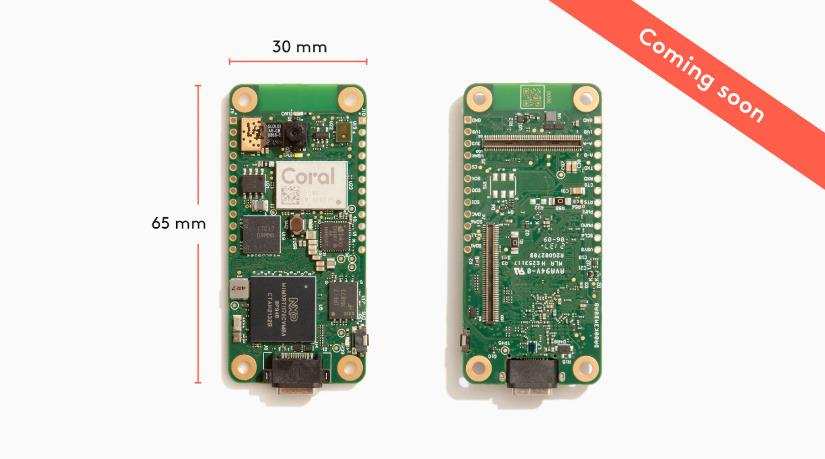
Central to the board is Google's own Edge TPU coprocessor, giving up to 2 TOPS (trillion operations, also known as tera-operations, per second) per watt, extending to 4 TOPS when working with int8 data types.
The board also comes with a 324 x 324 px color camera and a PDM mono microphone, along with 2 x 12 pin GPIO headers, 2 x 100-pin board connectors, and one USB 2.0 Type-C port. It seems like it's going to be the smallest "full" board before you take the step down to the Edge TPU modules like the Mini PCIe Accelerator.
According to the official page, WiFi, Bluetooth, Ethernet, and POE will all be available as separately sold accessories for the board, though it seems likely that many third-party development boards will crop up designed to fit the Dev Board Micro.
There's no price as yet, and the product only appeared on the Coral website yesterday, but when it's available we'll be stocking it right here in the Electromaker Shop.
Google Coral Dev Board Micro: Specifications
The Dev Board Micro is an interesting one, as from the specs alone it's hard to tell if this will be a Linux based board, or run some kind of MCU based real-time operating system:
- MCU: NXP i.MX RT1176 (Cortex-M7 and Cortex-M4)
- ML accelerator: Coral Edge TPU coprocessor: 4 TOPS (int8); 2 TOPS per watt
- RAM: 512 Mbit
- Flash memory: 1 Gibit
- Sensors Color: camera (324 x 324 px), PDM mono microphone
- Input/output: (2x) 12-pin GPIO header, (2x) 100-pin board-to-board connectors, USB Type-C (USB 2.0)
- User interface: (4x) LEDs, (2x) switch buttons
- Accessories (sold separately): Coral Wi-Fi/Bluetooth Module Board, Coral Ethernet/POE Board
- Dimensions: 65 x 30 mm
- Cost: TBA
Dev Board Micro vs Raspberry Pi CM4
The first thing that springs to mind seeing this board is the Raspberry Pi CM4, but it's not really a fair comparison. The CM4 is a powerful unit, and there are a lot of base boards available for it. It's likely that will ring true for the Dev Board Micro too, but that power is shifted towards a very specific task.
The onboard TPU, camera, and microphone might just make the Dev Board Mini the top pick for working with Edge-AI tools, especially considering it'll be optimized to work on projects using Google's Tensorflow-Lite packages right out of the box. Assuming that Google price this under the Coral Dev Mini, it might be the best all-round budget choice going for low power edge-ai when it releases.
If you like stories from the Electrowire, you'll love the Electromaker Show, our weekly round-up of all things Maker and Embedded. Join us on YouTube or on all major podcast services.





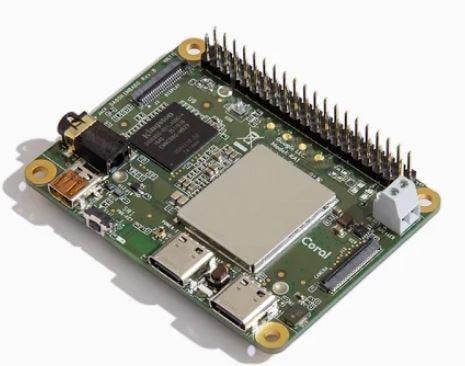

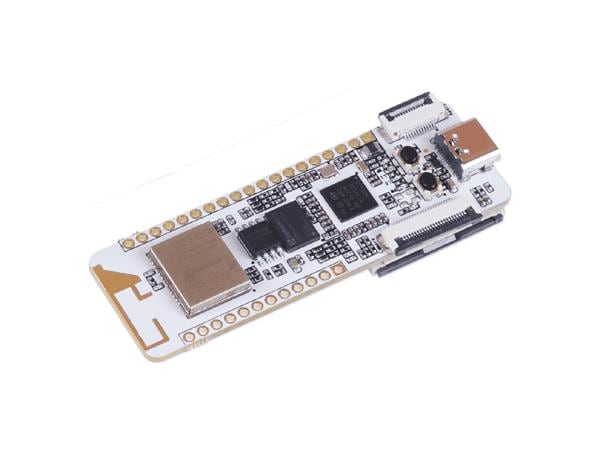
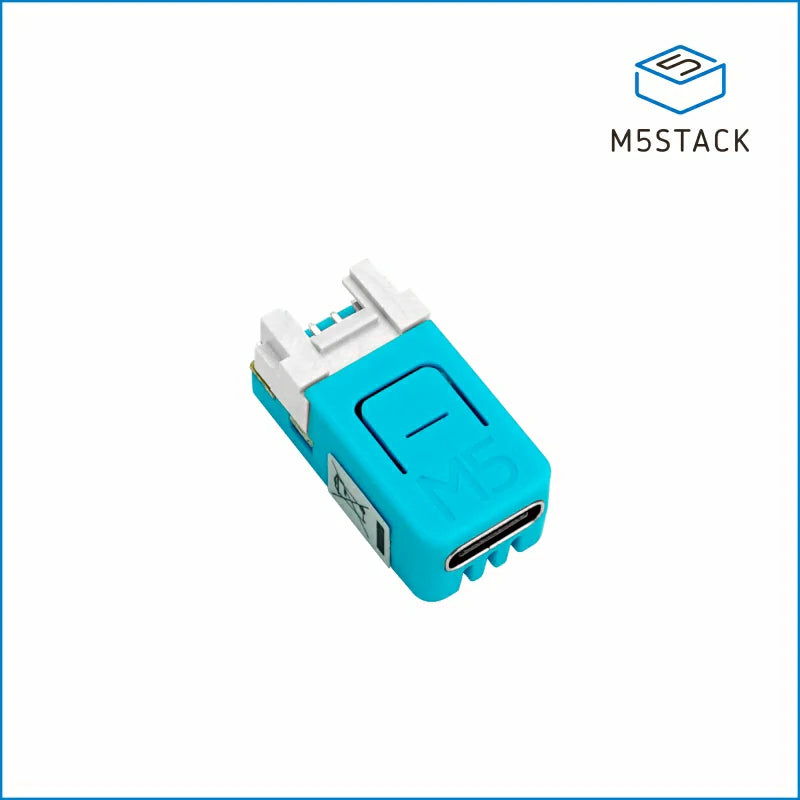
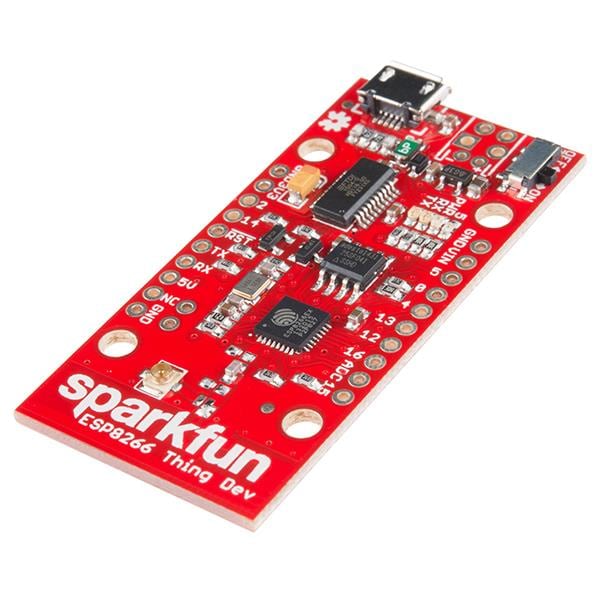
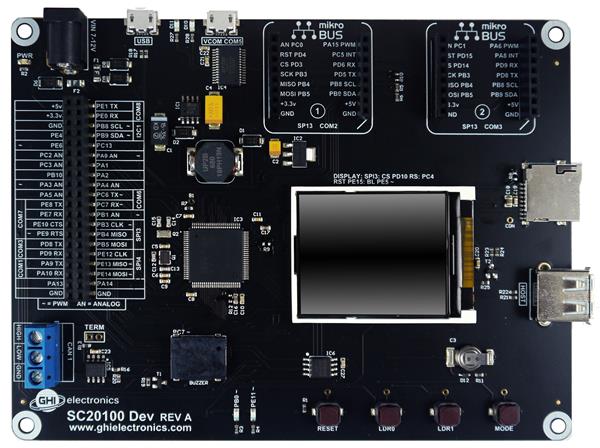
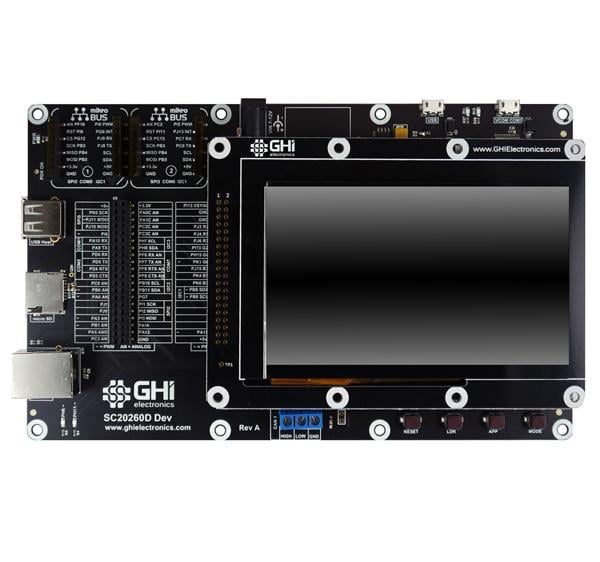
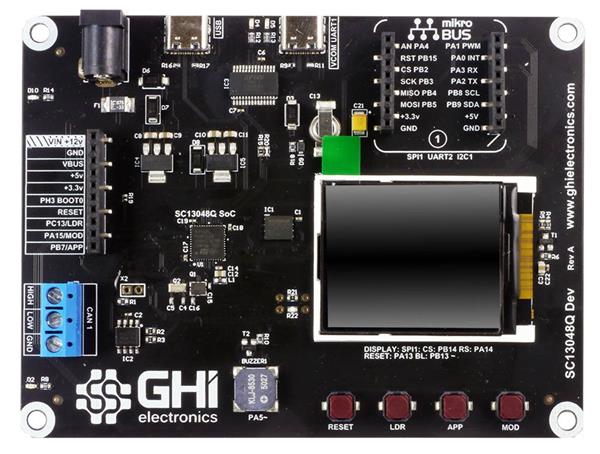
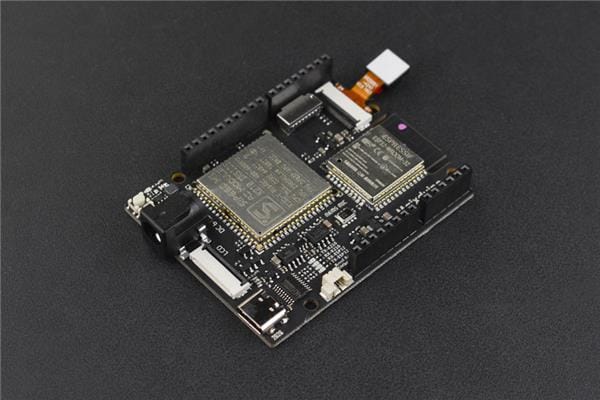
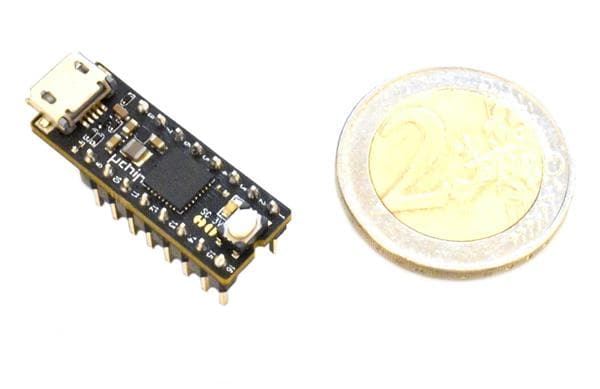

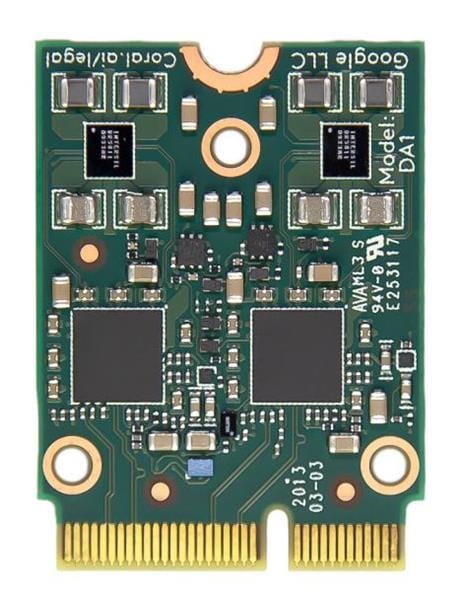
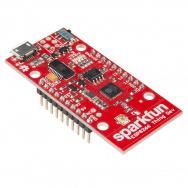
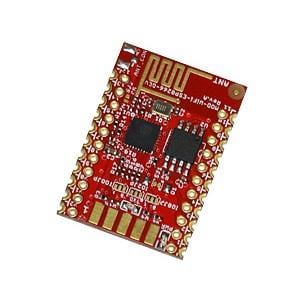
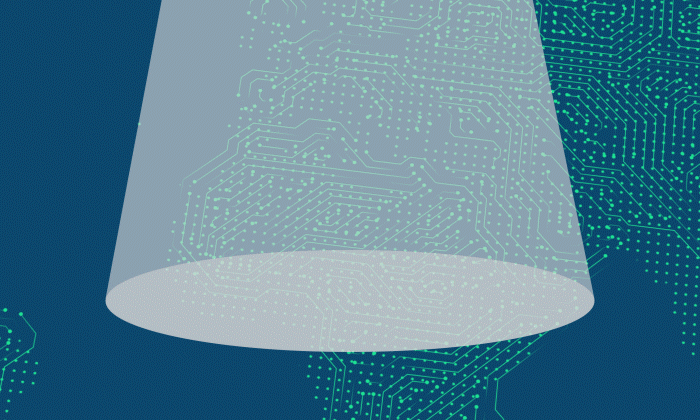
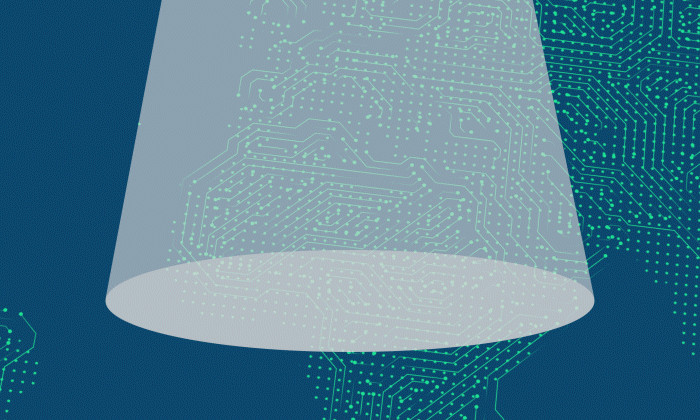

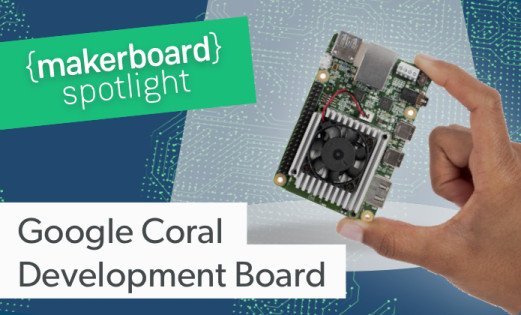
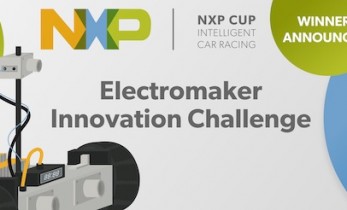


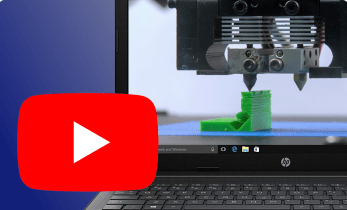
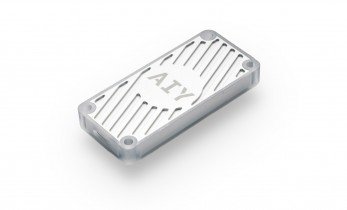
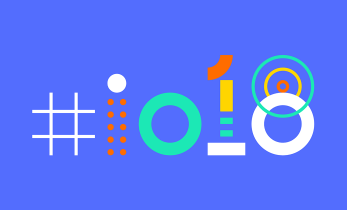
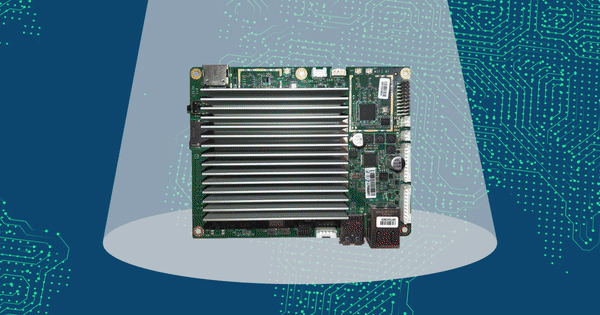

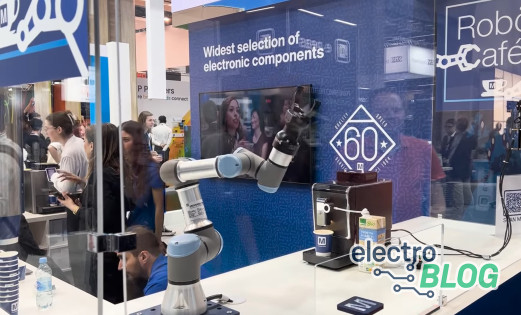
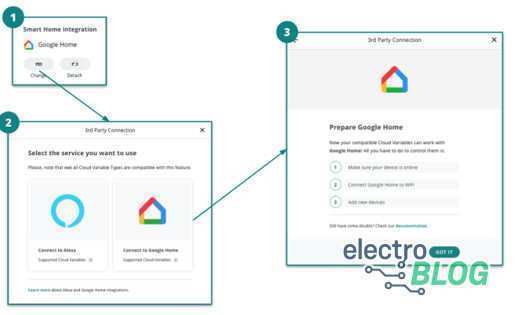
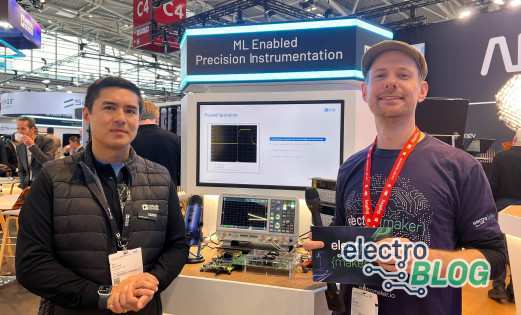

Leave your feedback...